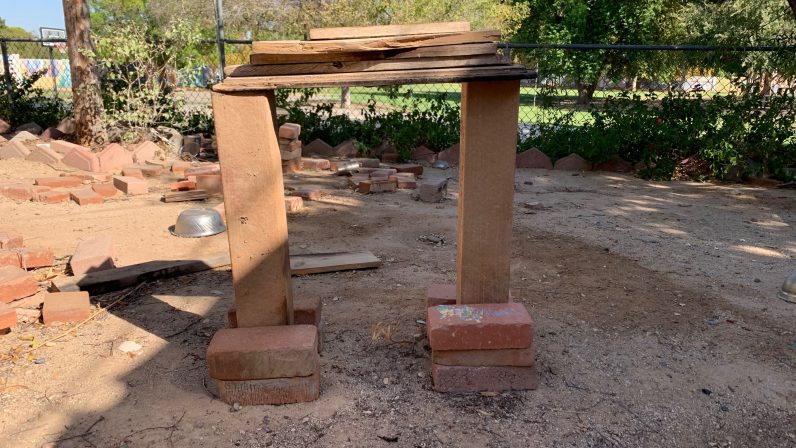It’s easy these days to become inundated with news. There is an article for everything from how to entertain your kids during a pandemic to the latest developments in vaccine trials. Painful news about yet another shooting in another city is too frequent. Alarming photos of fires ravaging the west coast are heartbreaking. Podcasts are filled with interviews about how to reconcile systemic racism and what we can learn from these trying times. Lately I’ve made it a habit to lean in to topics that make me uncomfortable. As I listen and read, I’m always looking for something new and inspiring. I’m looking for new portals through which to set my vision of what is possible, even as the world around us feels like it’s falling apart.
This week my steady source of thought-provoking ideas, Brené Brown, came through once again. This week’s conversation was with Dr. Scott Sonenshein, author of Stretch: Unlock the Power of Less and Achieve More Than You Ever Imagined.
The gist of their conversation was about times when we are stretched by a specific challenge, when certain aspects of our lives are restricted. In these moments, a window of opportunity for creativity is available. It is out of these experiences as Stretchers that resilience is born. On the other hand, they talked about situations where individuals have an abundance of money, a good job, a beautiful home with all the material possessions imaginable, and they are miserable. Nothing seems satisfying. People in this phase are called Chasers. They’re always chasing something that is lacking in their present circumstances.
I followed their line of conversation, which seemed logical and true to my life experience. Then the discussion moved to a term I hadn’t considered before, Stretchy Outsider. This caught my attention. I was fascinated by the term and immediately related to it. It refers to outsiders of a regular population expected to be involved in specific problem solving. The idea is that these scrappy outliers have a fresh and often surprising perspective to bring to a problem, offering a completely different approach to something that might typically be looked at a certain way by specialists in their field. Dr. Sonenshein gave the example of a million dollar Netflix competition to improve algorithms. A psychologist named Gavin Potter won the challenge. Up against mathematicians from MIT and Stanford, he realized it was a social science problem rather than a math problem. He knew that the ratings were based off of what viewers watched before, and approached it as a matter of human nature.
I think of the Seed, with our unique approach as a learning community, as somewhat of a Stretchy Outsider. Everything we do is devoted to asking questions and inspiring the curiosity of our students. We lie outside the norm in many ways as we stretch imaginations and invite everyone in our sphere to hold a hopeful vision for Planet Earth’s future. These days it seems like our work is hardly enough to make a difference. In my heart, I know we are making a difference, one day, one child at a time.

